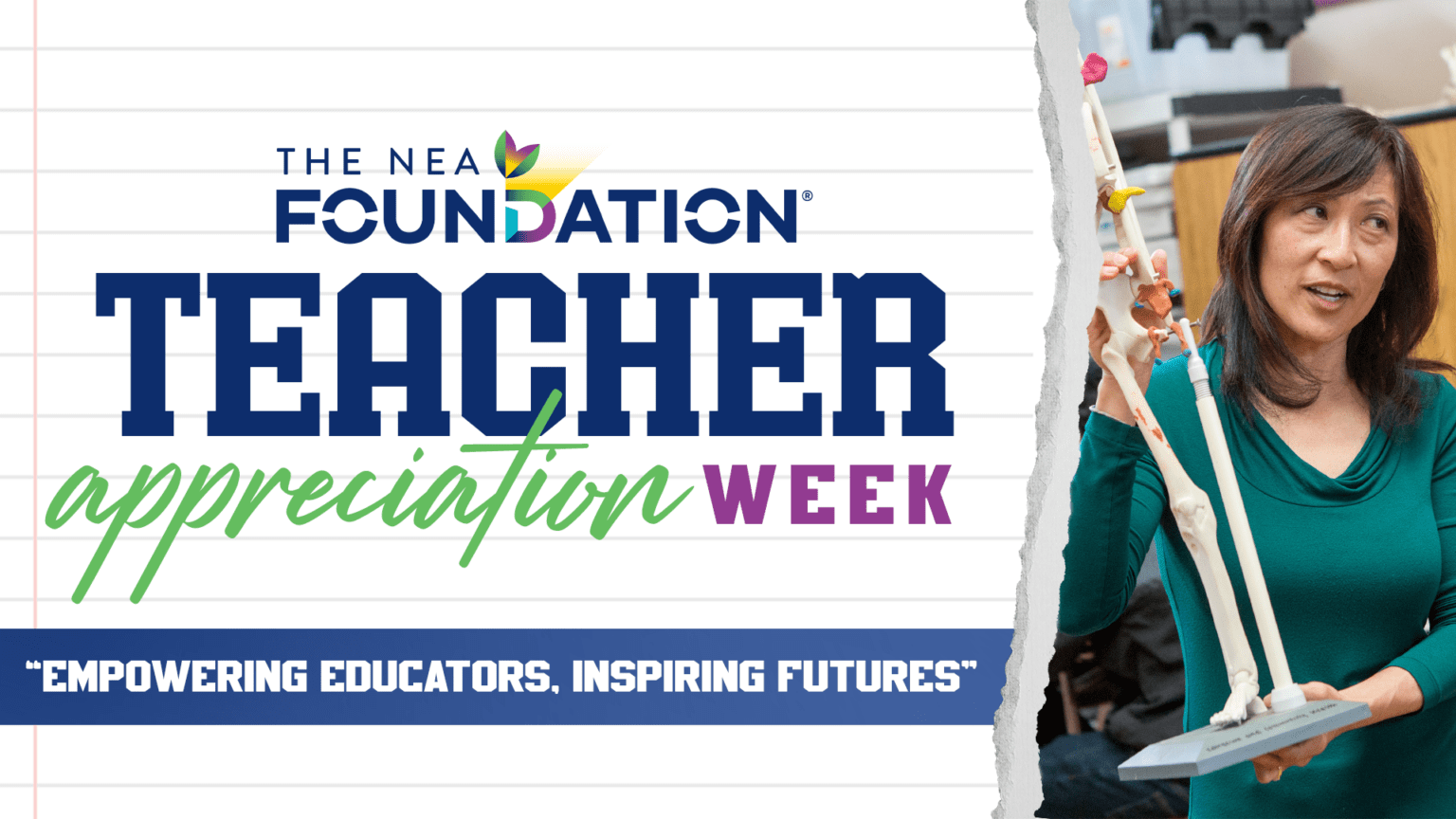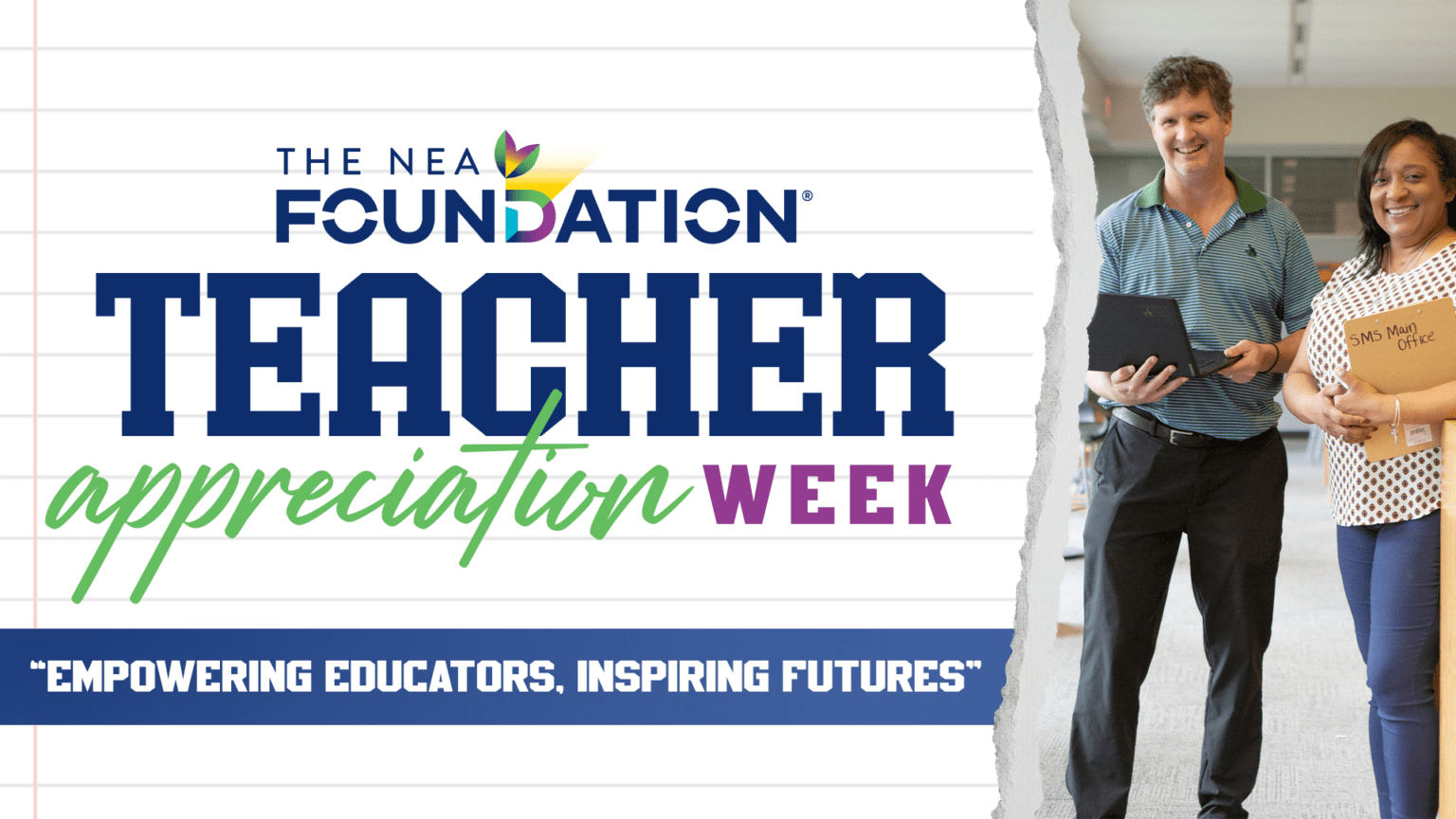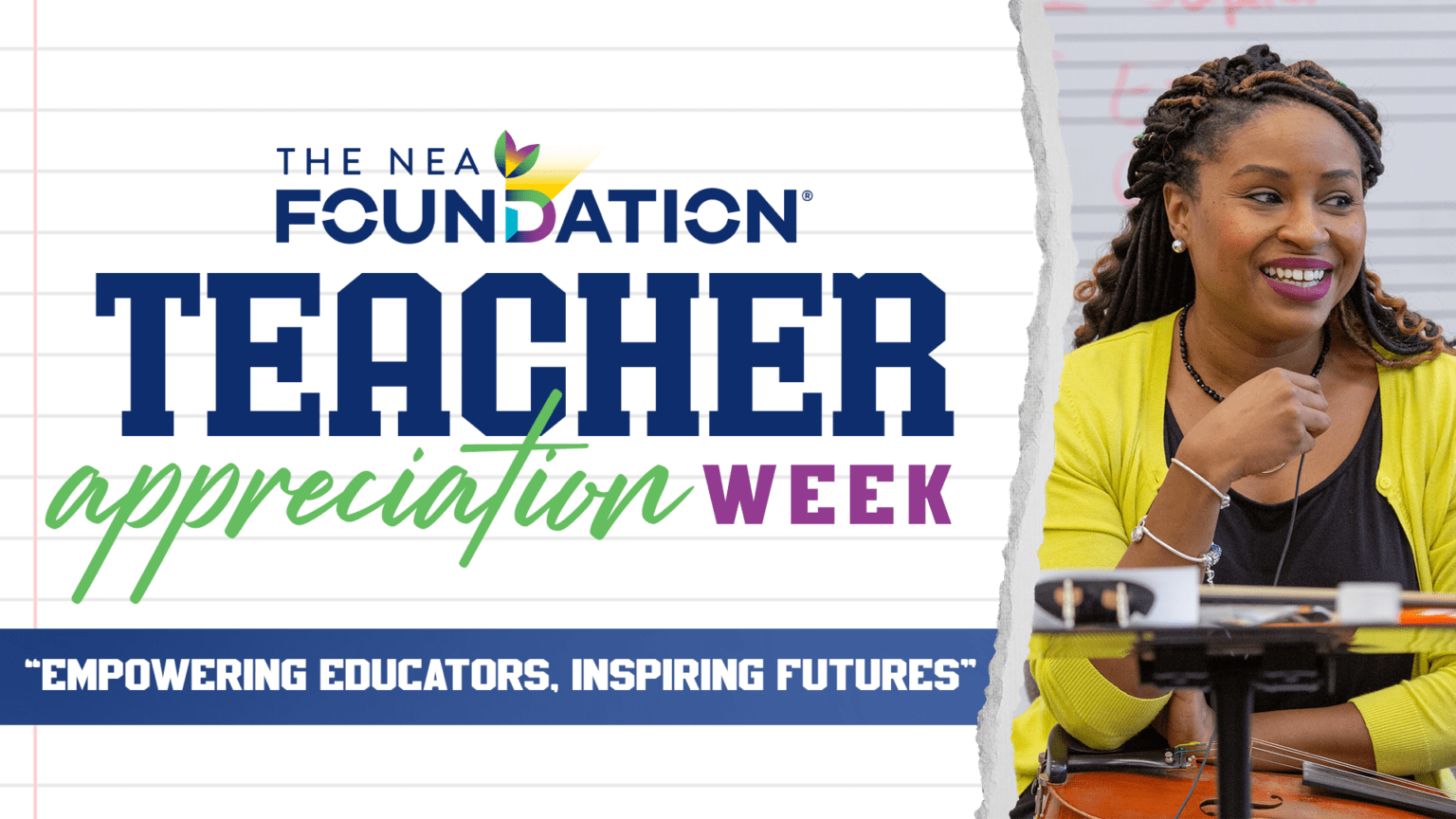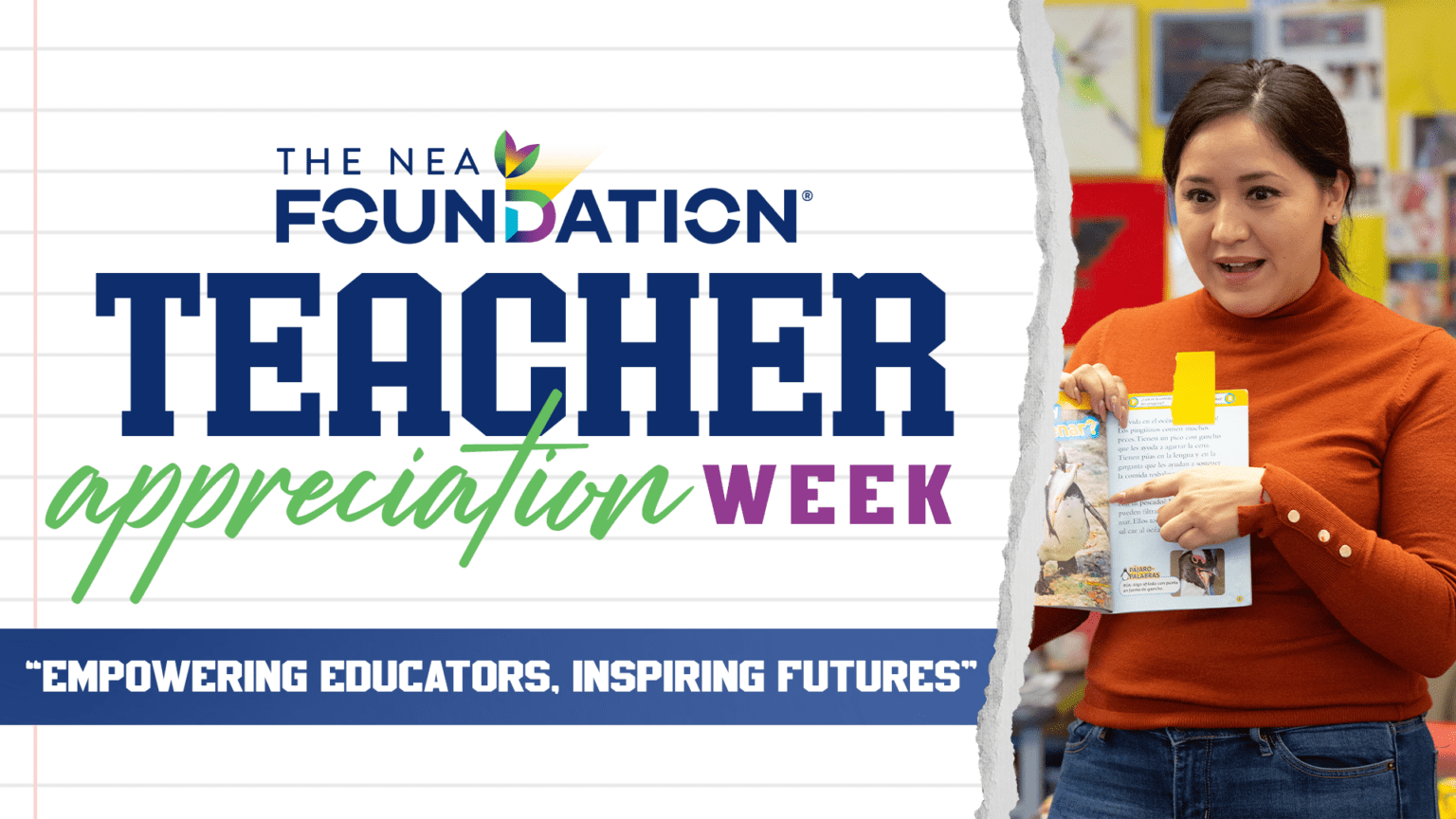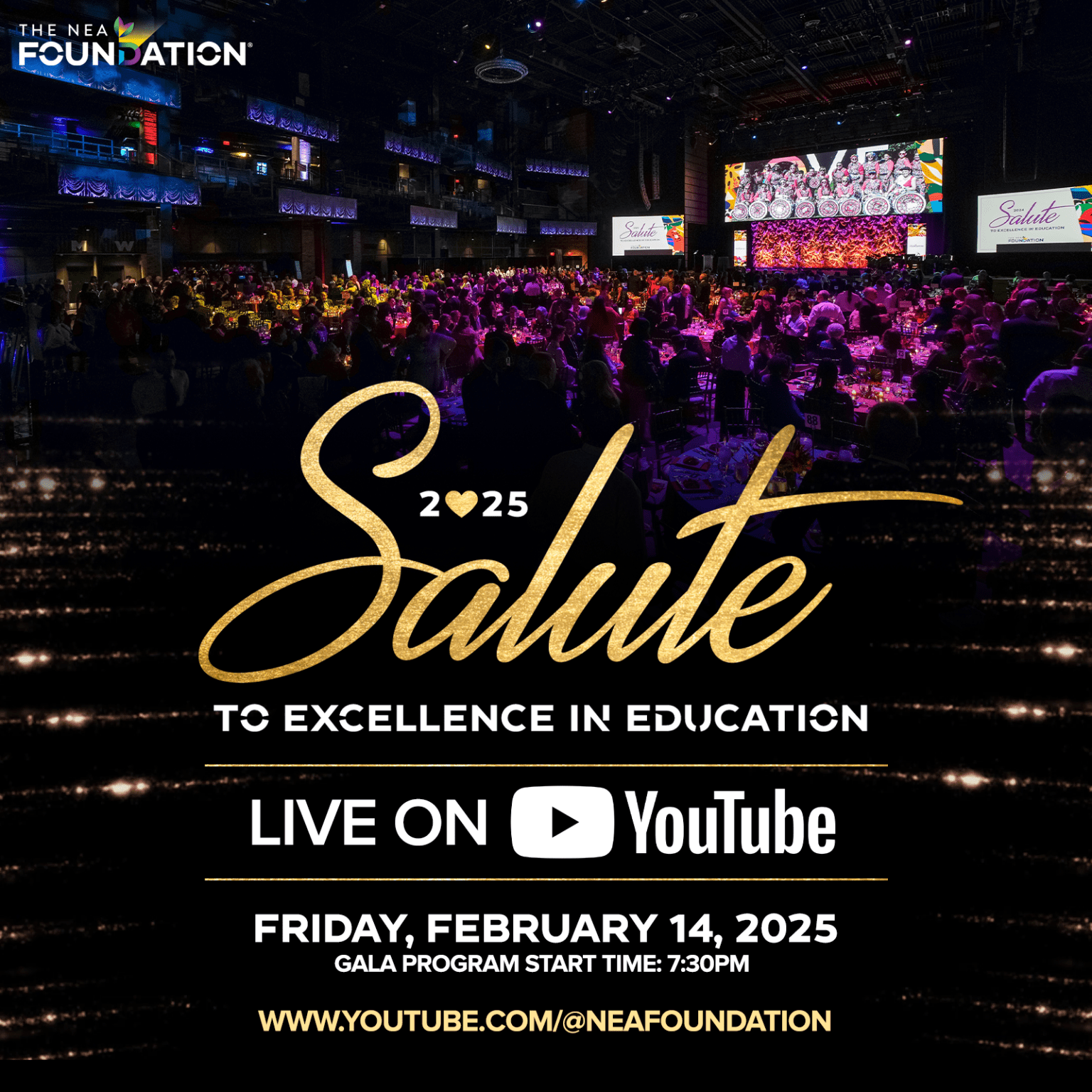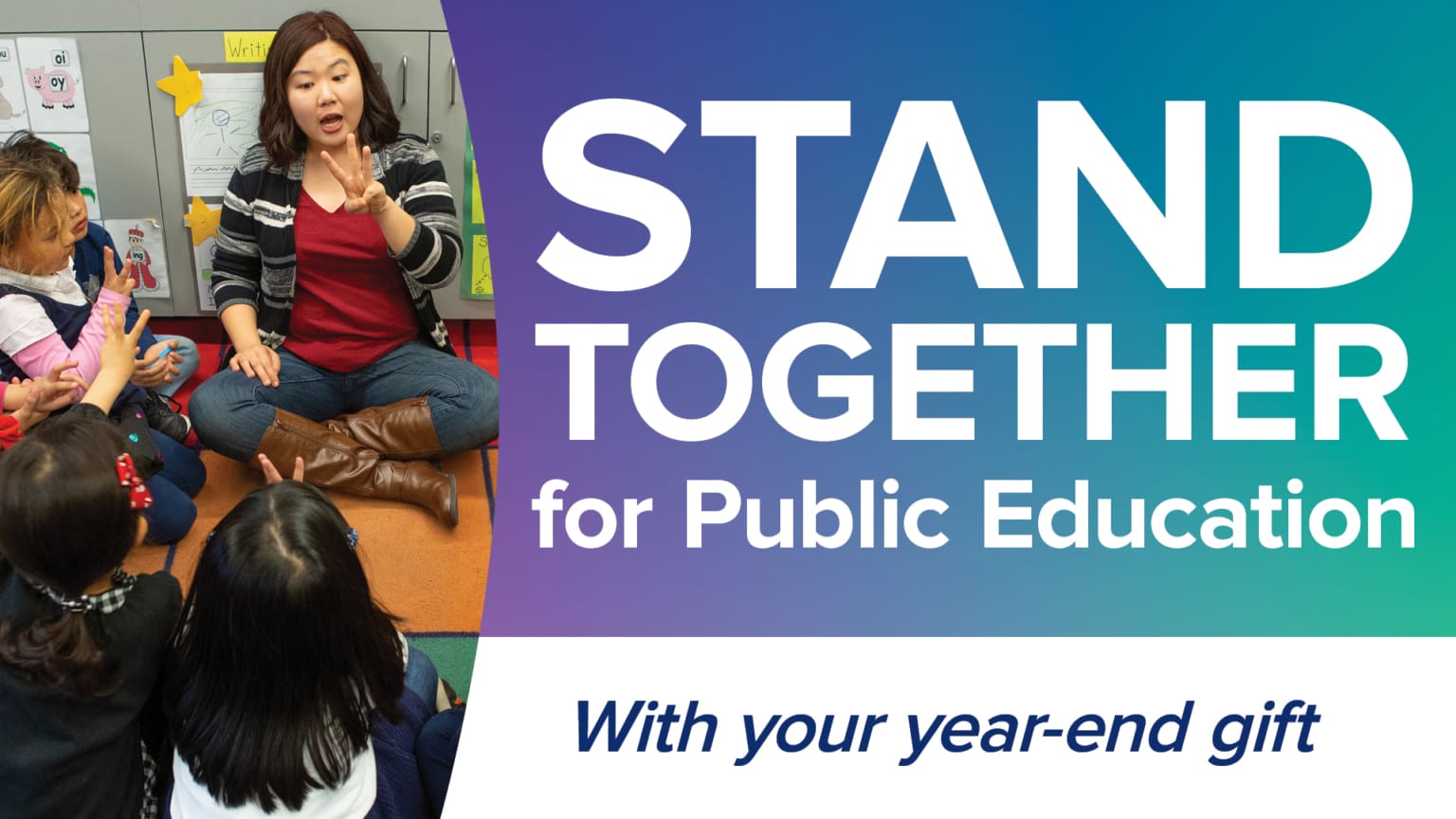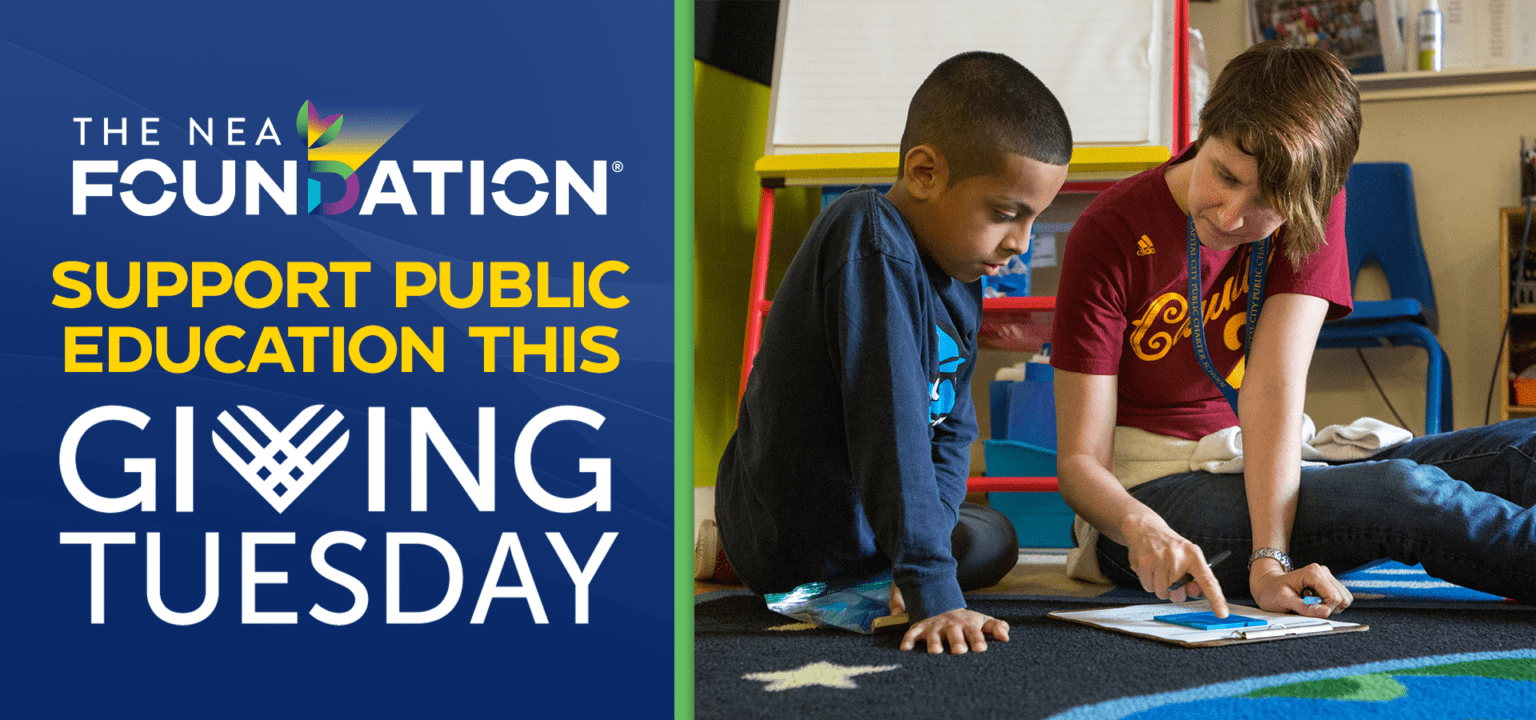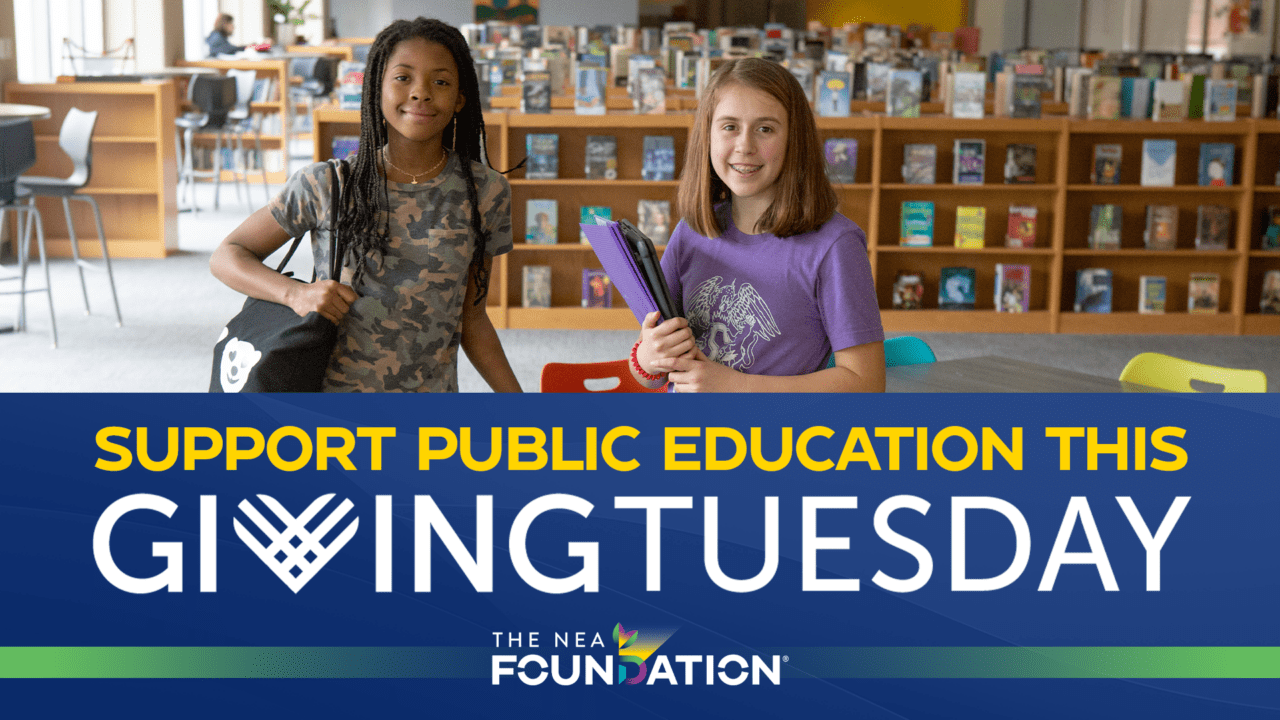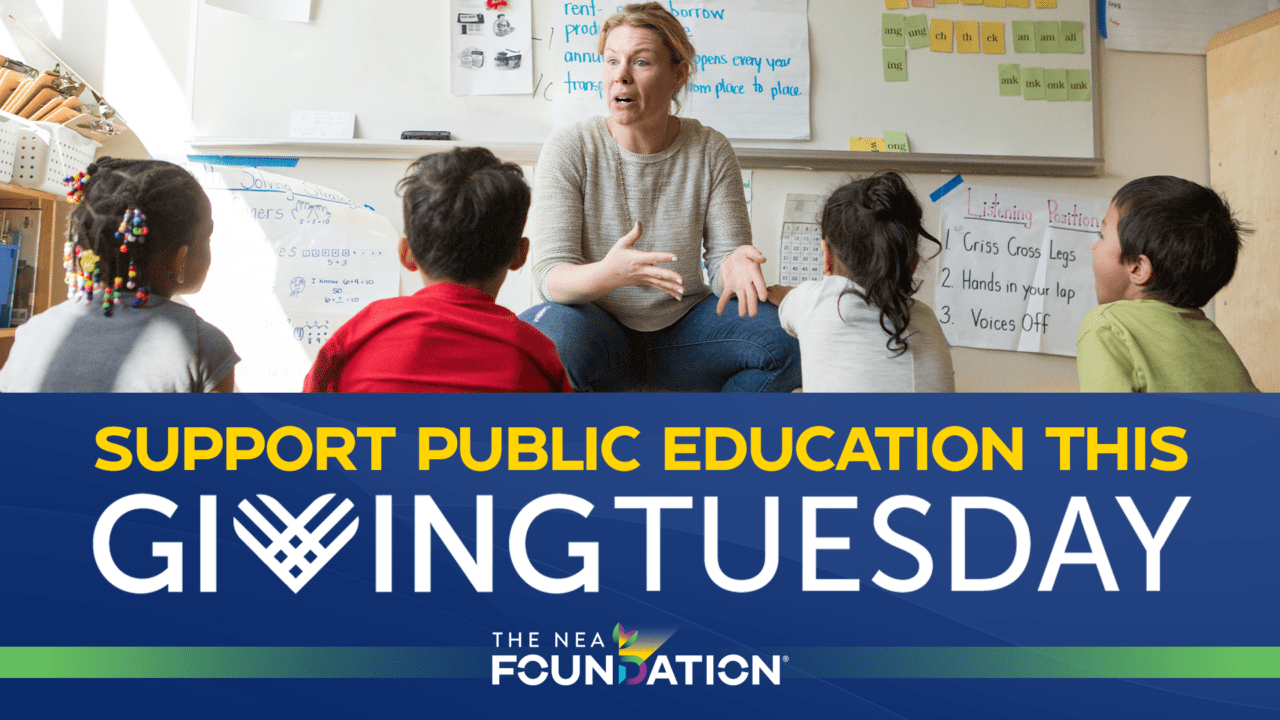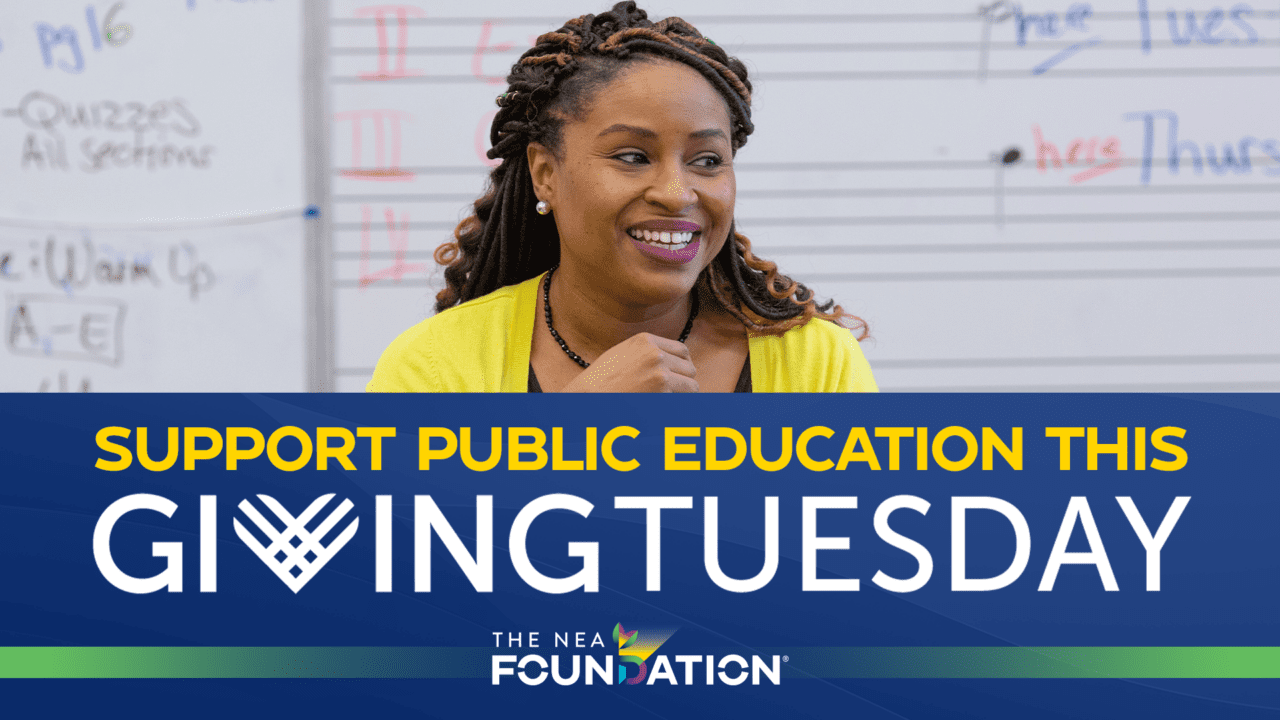As we count down the last few days of 2021, many of us are eager to put the year that started and ended during the ongoing COVID-19 pandemic behind us. But, as we think about the future and the many possibilities that 2022 holds, the interconnectivity of the world has never been more apparent. Along with that interconnectedness comes an increased need for pre-K-12 students to develop critical knowledge and skills to address world problems and participate in a highly diverse and globalized workforce. So, as 2022 unfolds, how can educators prepare their students to thrive in this complex and continuously changing world?Beyond highlighting the interconnectedness of people and communities across the globe, the COVID-19 pandemic has further exacerbated the pre-existing inequities in our schools and communities. The lives and learning of students from underserved communities have been disproportionately impacted by distance and hybrid learning. All at a time when our country is divided politically and the movement for social and racial justice has been at the forefront of conversations in classrooms and at dinner tables across the country. Again, as we look to the future, how can educators prepare students for creating a more just and equitable world?
The NEA Foundation’s Global Learning Fellowship aims to support educators in not only increasing their own global competency but also in infusing global learning into their daily classroom instruction to develop engaged and action-ready global citizens. The Global Learning Fellowship engages educators in a year-long professional development program that asks them to expand their worldview and their understanding of what it means to be a global citizen. Fellows are asked to consider the action steps they can take as teacher leaders within their classrooms, schools, and community to advocate not only for global learning but for more inclusive and equitable access to education.
By learning about the cultures, languages, history, and perspectives of those around the world, students develop an increased understanding of and appreciation for cultural differences. A Global Learning Fellow alumnus infuses learning about cultures around the world with 2nd-grade students by selecting books from other countries to read each week. As students read and learn about other customs and traditions, they identify what is similar or different to their own culture. Many students in the class see their own traditions and customs represented in the text and feel empowered to share more about themselves and their families. As a result, all of the students in the class can gain a better perspective on how our culture shapes us. They also understand that regardless of these differences, there are still many similarities that connect us to one another.
This understanding of differences helps build empathy for others, both globally and locally, a requisite skill for bridging divides within our society. As students and educators engage in cross-cultural comparisons, they are better able to understand their perspective, the forces that shape it, and how that impacts their interactions with others in their local community and beyond. This increased cultural awareness allows students and educators to identify their perspectives and address their own biases. It also allows them to identify and better understand the inequities that exist, and to collaborate in posing solutions to those systemic challenges.
The incorporation of global learning in classroom instruction and the development of global competence helps students to better understand the world and their role as global citizens. As a result, students develop a sense of agency to act in meaningful ways in their local communities that contribute to larger global solutions. As look ahead to 2022, the need for collaboration towards global solutions is obvious. The question remains: what action will you take?
Applications for the 2023 Global Learning Fellowship are open until March 1st. In addition to engaging in a self-guided curriculum, fellows participate in a two-day professional learning conference, bi-monthly webinars, and networking opportunities; receive ongoing mentoring support from program alumni; complete a capstone project; and participate in a 10-day international field study. Apply today to start your global learning journey and make the world your classroom!
Questions about the NEA Foundation’s Global Learning Fellowship can be sent to neafoundation@nea.org.

